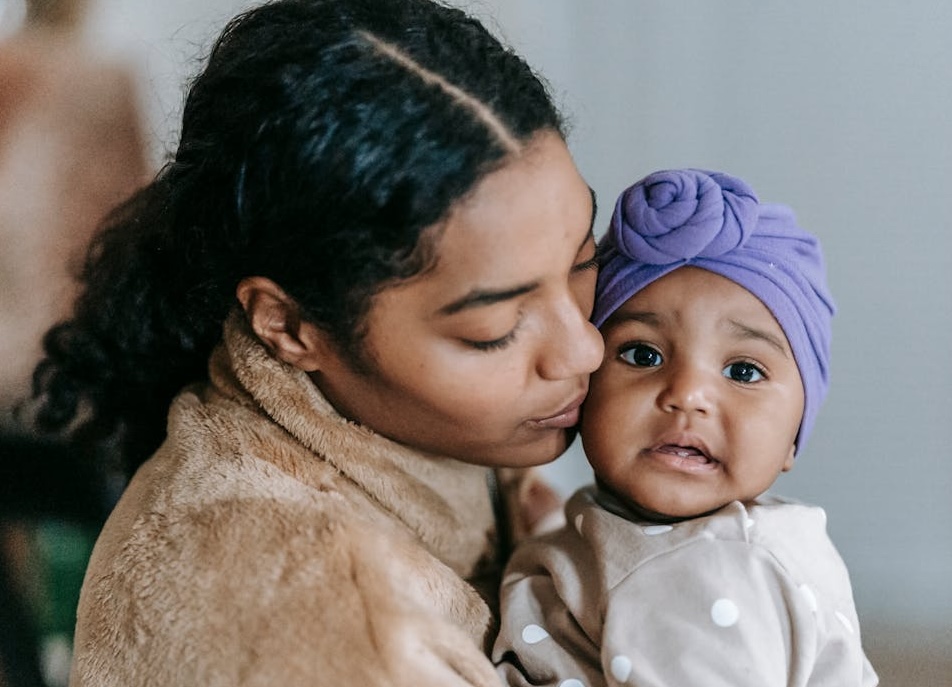Choosing your toddler’s first school is a big decision — one that brings with it many questions, concerns, and hopes. At TrustTheChild Montessori School, we understand how sensitive this transition is — not just for your child, but for you as a parent.
In this FAQ, we answer some of the most common and important questions from toddler parents — from how we ensure physical and emotional safety, to how we support toilet training, respect bodily autonomy, and allow children to lead their own day based on their developmental needs.
Our responses reflect the deep care, respect, and trust that guide every aspect of our Toddler Program.
Is your environment safe for my child?
We understand that trusting your child’s safety and development under someone else’s care is a big step for you as a parent. Equally important is your toddler’s need for independence and a safe, positive, healthy first-detachment experience. That is why we are extremely sensitive and careful while custom-designing the program for your toddler’s developmental needs.
Physical safety
First and foremost is your child’s physical safety. Toddlers are naturally curious and may not yet understand the concept of danger. While children are free to explore the carefully prepared environment designed to promote independence, they will always be in our field of vision and never be left unattended. Other basic safety measures like inaccessible plug points, corner protectors for shelves, and regular sanitization of the environment and materials are taken care of.
The toddler environment is anchored by one internationally certified Montessori Toddler guide (Ms. Seetha) and a trained assistant (Ms. Meena). The assistant is also trained to be sensitive to the child’s needs, body boundaries, autonomy, and independence. When children walk out for outdoor play, one adult will accompany them to ensure their safety.
Emotional safety
The emotional safety of children is a core part of our vision for the school. Whether they are transitioning from the home environment into the school environment or going through their daily routines at school, your child’s emotional safety is paramount. The guide is highly sensitive to children’s emotional needs and always attends to them.
Your child’s first experience of separating from you is a developmental necessity and one of the most critical milestones in their journey to become an individual. But does that mean it should be a traumatic experience? Certainly not. On the first day of your child’s educational journey, most schools force you to abandon their children at the school gate and leave. To learn more about why we are against this, please read our blog: Don’t abandon your child at school.
What is the maximum capacity of the Toddler Program?
Because toddlers, especially younger ones, need constant one-on-one attention, our toddler environment can accommodate a maximum of eight toddlers with one guide and one assistant. As we grow in strength, we will maintain this ratio to ensure each child gets the individual attention they deserve.
What is the timing?
The Toddler program runs from 9:30 a.m. to 11:30 a.m. Of course, your child is probably not going to stay for two hours on Day 1. Until they develop a trusting relationship with the guide and settle fully, the amount of time they spend here is totally up to them. As mentioned in the above-linked blog post, one trusted adult must be present for the child until they develop the trust fully with the guide and are able to stay with them happily.
How will a typical day in the Toddler Program be?
Children come in at 9:30 am, and the guides will receive the child with genuine joy in their hearts and faces. Based on their own developmental need for language or movement, the child will choose an activity. If they have acquired the skill necessary to work on an activity independently, the guide will not interfere but merely observe the child working. If the guide observes that they have mastered an activity, the guide will present another activity that encourages children to master the new higher-level skill. Children are free to have their snacks brought from home in the designated snack corner at any time they want. In case of spillage, children clean up by themselves or with the assistance of the guide. Children visit the toilet when they need to, with or without assistance, based on their level of independence. On some days, a child may not take up any work and would want to observe other children working, and that is perfectly okay. If needed, the guide will encourage them to take up an activity according to their own interest. The day is fully led by the child, their needs and what they want to work on.
Is it ok if my child wears diapers?
Diapers are not allowed in the environment. If your child is still using diapers, we will work with you to help your child develop independence in the toileting process. Together, we will make sure that the child has a consistent and predictable toilet training experience at home and at school.
We trust in the child’s intrinsic awareness of their own body signals and do not motivate them externally. We do not frequently take children to the restroom and ask them to try. We talk to parents and observe the child to understand their verbal or nonverbal cues, and when they express the need to visit, we take them to the restroom. Until your child develops trust with the guide for toilet visits, you will be taking them.
We approach the toilet training process with utmost sensitivity and care. We do not call unintentional soiling of pants as “accidents”. It is a natural part of the process towards toileting independence. We are well aware that the slightest facial gesture of disgust or unacceptance will negatively impact them. When done right with sensitivity, awareness, and a clear goal of the child’s independence and confidence, toilet training is a simple, joyful process.
Will you ask for my child’s permission before touching them?
We are acutely sensitive and respectful of your child’s body boundaries and autonomy. We do not unnecessarily touch or lift them without their permission or intimation, except for safety reasons. Your child’s ‘No’ or the absence of an explicit response always means ‘No’ and will be respected in the environment.
Should I pack a snack for my child?
The child must bring a healthy snack from home. We trust in your child’s ability to identify the bodily sensation of hunger, and they are free to have their snack whenever they want to. We do not have a specific, common “snack time.”
What is the guide trained in?
The internationally certified guide is trained in psychological approaches to child development, the presentation of intellectually appropriate materials, and how to use the principles of Montessori education to foster a hands-on, self-paced, collaborative, and joyful classroom.
The guide is also trained in and equipped to handle practical matters like children’s mouthing objects, immediate sterilizing and regular sanitization of materials, flinging materials, setting kind, firm, and consistent boundaries, resolving interpersonal conflicts, and adapting to the ever-changing needs and interests of the children while maintaining a calm and nurturing atmosphere.


